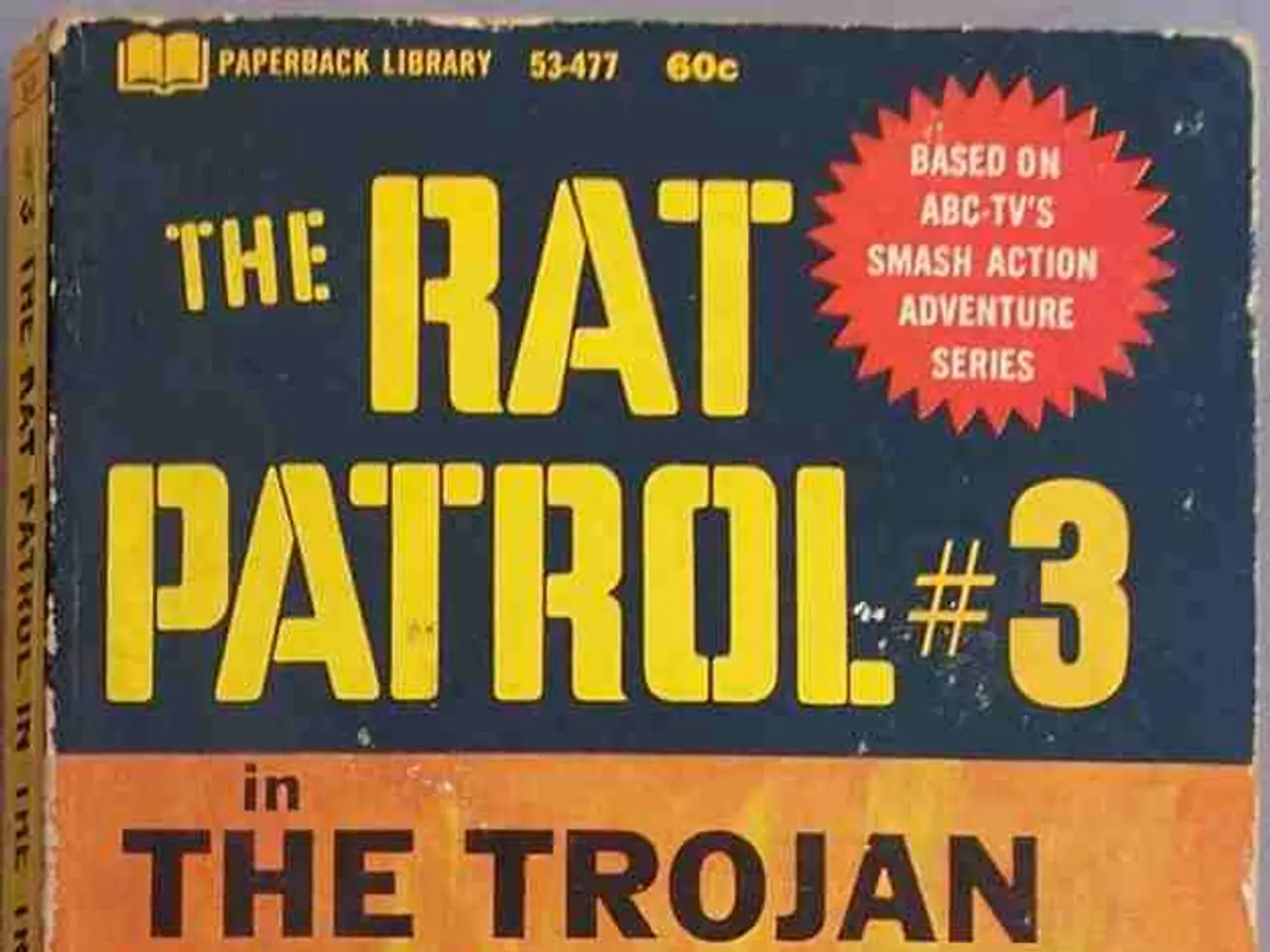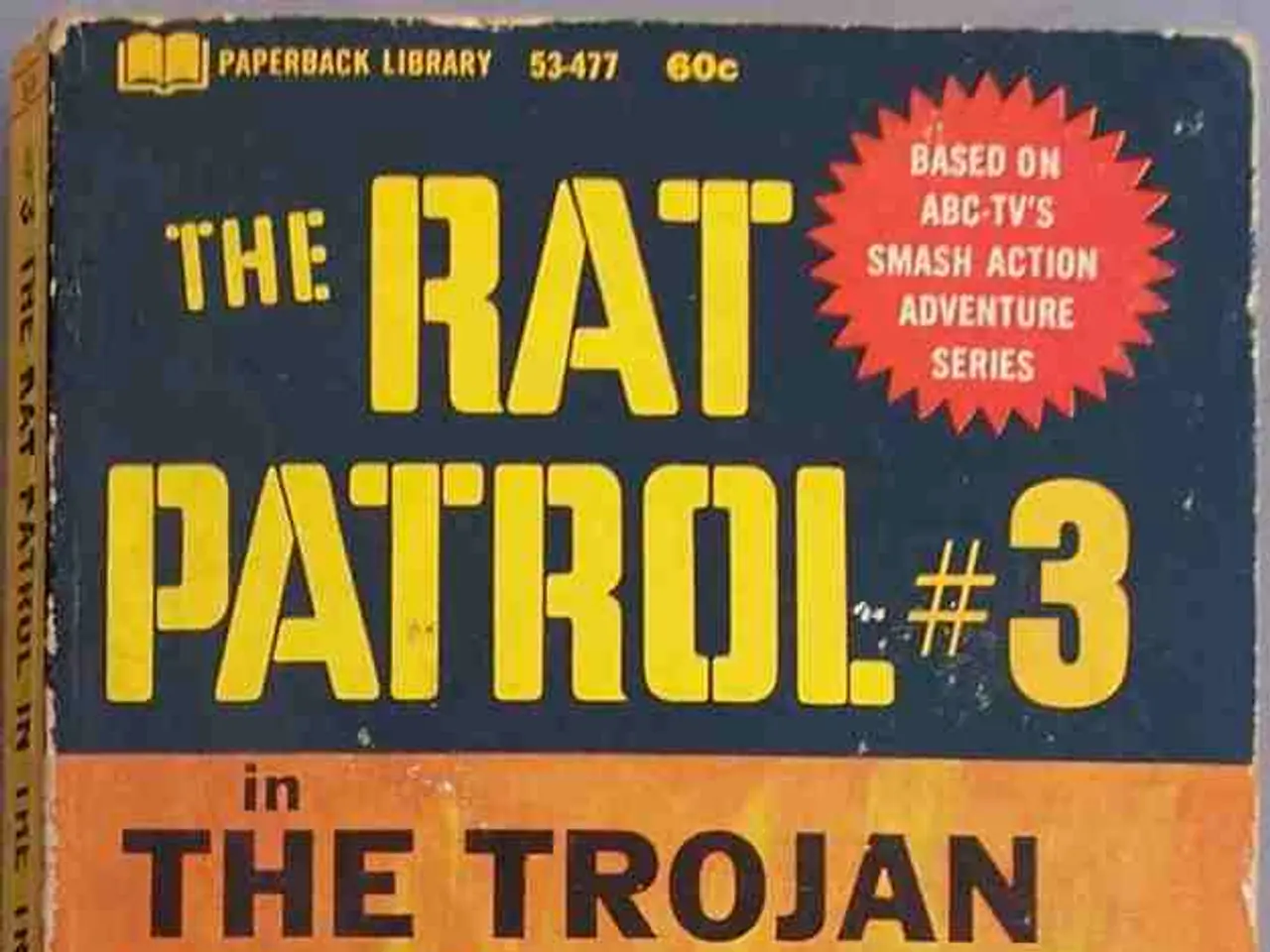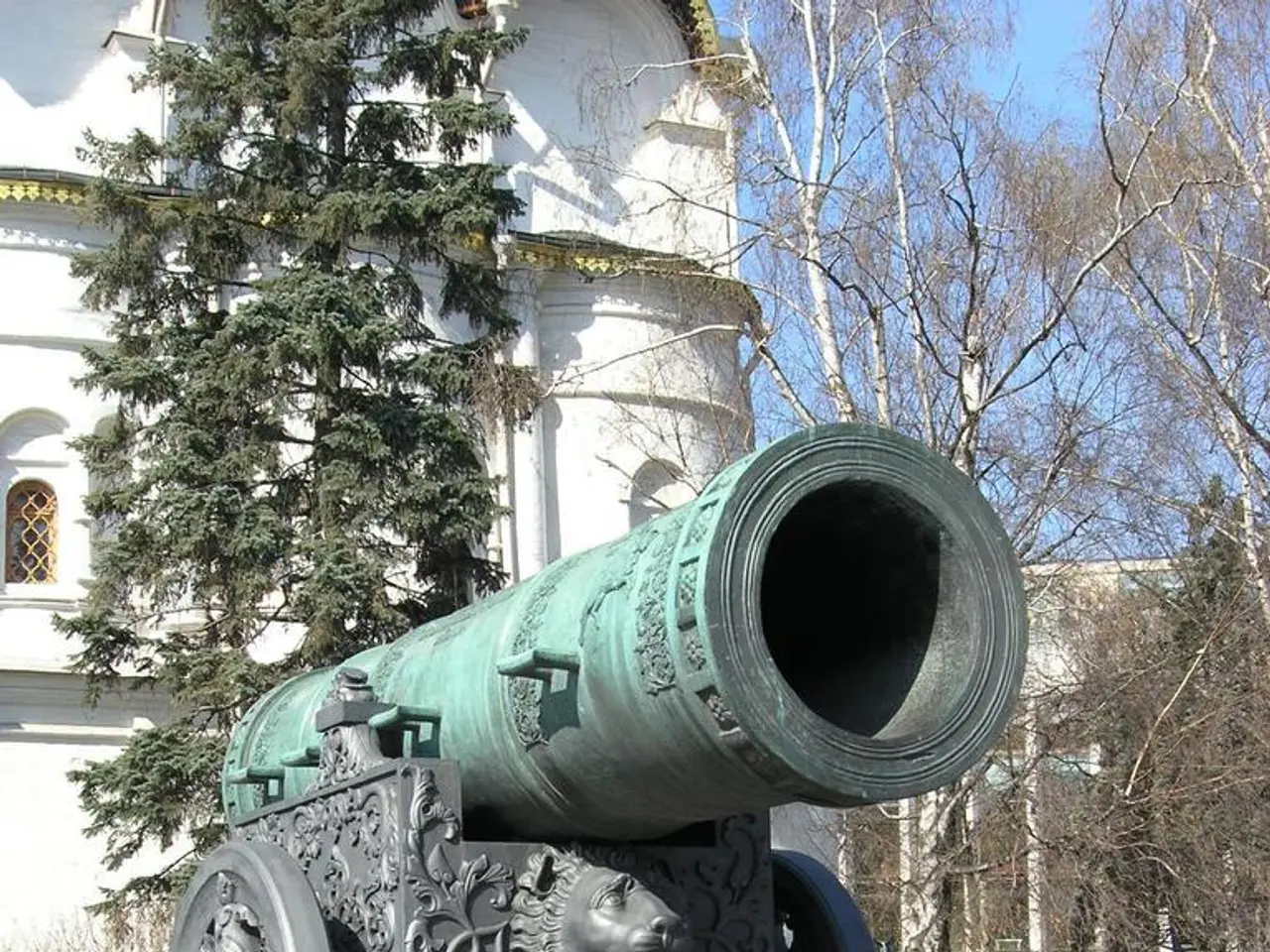Drawbacks of Potential U.S. Military Intervention in Iran: A Perspective of Chaos Awaits
- *
U.S. military involvement in Iran might lead to disorder and confusion, according to Nouripour. - Militaristic engagement of the U.S. in Iran may lead to disorder and confusion, according to Nouripour.
While some might view military action against Iran as the solution to the nuclear standoff, Green politician Omid Nouripour paints a troubling picture of potential consequences. The Iraq War serves as a cautionary tale of reckless action without a clear plan for the aftermath, he warns.
"Let's not forget the Iraq War. The U.S. promising 'liberation' from Saddam Hussein only to find themselves clueless about what comes next," Nouripour says, expressing concerns that a similar misstep could lead to chaos in Iran. And with many Iranians already fearful of the unknown, they are bracing themselves against such an unwelcome future.
Israel's decision to attack Iran last week, targeting nuclear facilities and military installations, highlights the urgency of the conflict. While theaim is clear—to cripple Iran's nuclear ambitions—the potential costs are staggering.
- Iran
- Omid Nouripour
- USA
- Israel
- Conflict
- Iraq War
- Saddam Hussein
Coalition of Installations Under Attack
The recent bombings have claimed the lives of high-ranking military personnel in Iran, resulting in serious casualties. The consequences are dire, with around 657 fatalities and over 2,000 injuries reported. The ongoing retaliation from Iran through missile and drone attacks on Israel has led to further casualties, with around 24 confirmed deaths on the Israeli side [1].
Dangers of Nuclear Escalation
The conflict's nuclear dimension stands as a significant concern, with Israeli strikes on research facilities increasing the risk of a nuclear incident. Such an event could trigger radioactive fallout, leading to catastrophic humanitarian and environmental consequences not only for the region but potentially beyond its borders [1].
Unstable Region at Risk
The involvement of the U.S. military in this conflict could escalate the situation and destabilize neighboring countries, possibly drawing in other regional and global powers. The potential disruption of energy supplies, the surge in refugee flows, and the instability of already fragile states loom as grave threats.
Nouripour stresses that Israel's intentions to prevent Iran from acquiring nuclear weapons are understandable. However, he casts doubt on the belief that the regime's fall would automatically lead to everlasting peace and freedom for the Iranian people. As the crisis unfolds, the danger of spiraling into chaos and triggering a nuclear disaster grows, testing the resilience and diplomatic finesse of all countries involved [1].
The situation in the Middle East demands careful consideration, with the potential consequences of military intervention in Iran far-reaching and fraught with risk. By learning from history and exercising caution, we might avoid repeating past mistakes and avert a catastrophe of unparalleled proportions.
[1] Enrichment Data: The ongoing conflict between Israel, Iran, and potentially the U.S. carries severe consequences, including chaos, nuclear fallout, and destabilization of neighboring countries. The potential involvement of these global powers in the deteriorating situation could have lasting impacts on regional security and peace as well as global energy markets and refugee populations.
- Omid Nouripour, a Green politician, warns of potential chaos in Iran if the US were to engage in a military intervention, citing the Iraq War and the unclear aftermath following the removal of Saddam Hussein as a cautionary tale.
- Israel's recent attacks on Iranian nuclear facilities and military installations, and the ongoing conflict between Israel, Iran, and potentially the US, pose a risk of chaos, nuclear escalation, and destabilization of the Middle East, a danger highlighted by Omid Nouripour as the crisis unfolds.







